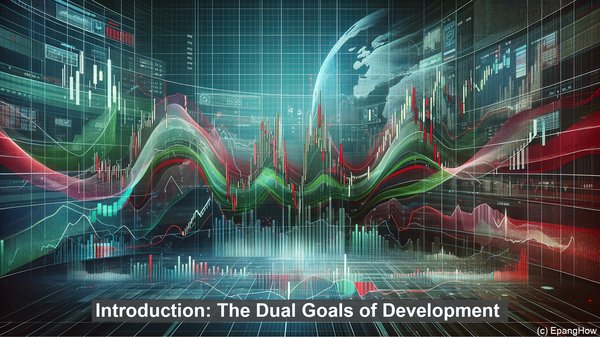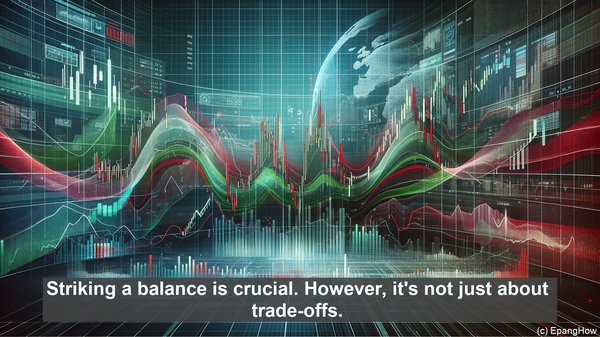Introduction: The Dual Goals of Development
Hello everyone! When we talk about development, it often encompasses two key aspects: sustainable development and economic development. While they may sound similar, they have distinct objectives and approaches. Today, we’ll explore these differences and understand why both are crucial for our future.
Defining Sustainable Development
Sustainable development is a holistic approach that seeks to meet present needs without compromising the ability of future generations to meet their own needs. It emphasizes the integration of environmental, social, and economic factors. In essence, it’s about finding a balance between progress and preservation.

The Pillars of Sustainable Development
Sustainable development rests on three pillars: environmental, social, and economic. The environmental pillar focuses on conservation, reducing pollution, and promoting sustainable resource use. The social pillar emphasizes equity, inclusivity, and quality of life. Lastly, the economic pillar aims for long-term prosperity through responsible business practices and innovation.

Economic Development: A Traditional Focus
Economic development, on the other hand, primarily concentrates on improving a nation’s economic indicators. It often involves measures like increasing GDP, attracting investments, and creating job opportunities. While economic growth is vital, it doesn’t always consider the long-term environmental and social consequences.
The Interplay: Challenges and Opportunities
The interplay between sustainable development and economic development can be complex. For instance, a project that promises economic gains may have significant environmental impacts. Striking a balance is crucial. However, it’s not just about trade-offs. Sustainable practices can also lead to economic benefits, such as cost savings through energy efficiency or the creation of green jobs.
The Global Agenda: Sustainable Development Goals
To guide global efforts, the United Nations has outlined 17 Sustainable Development Goals (SDGs). These goals cover a wide range of areas, including poverty eradication, clean energy, sustainable cities, and responsible consumption. Achieving these goals requires collaboration and a multi-faceted approach.
